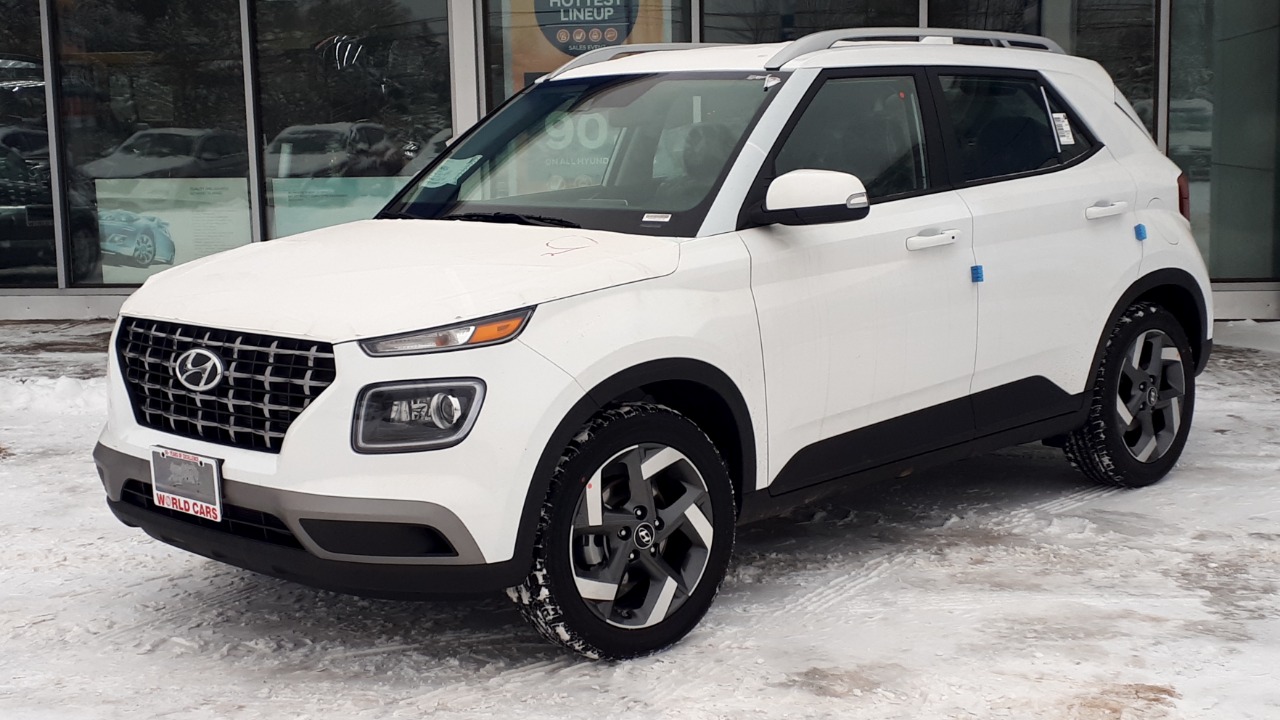
Delving into the automotive world, there are two brands that continue to be cautionary tales among mechanics due to their notorious reputation for engine failure and fires, leading to expensive repair bills and safety hazards. The culprits in question are none other than Hyundai and Kia.
The Infamous Reputation of Hyundai and Kia
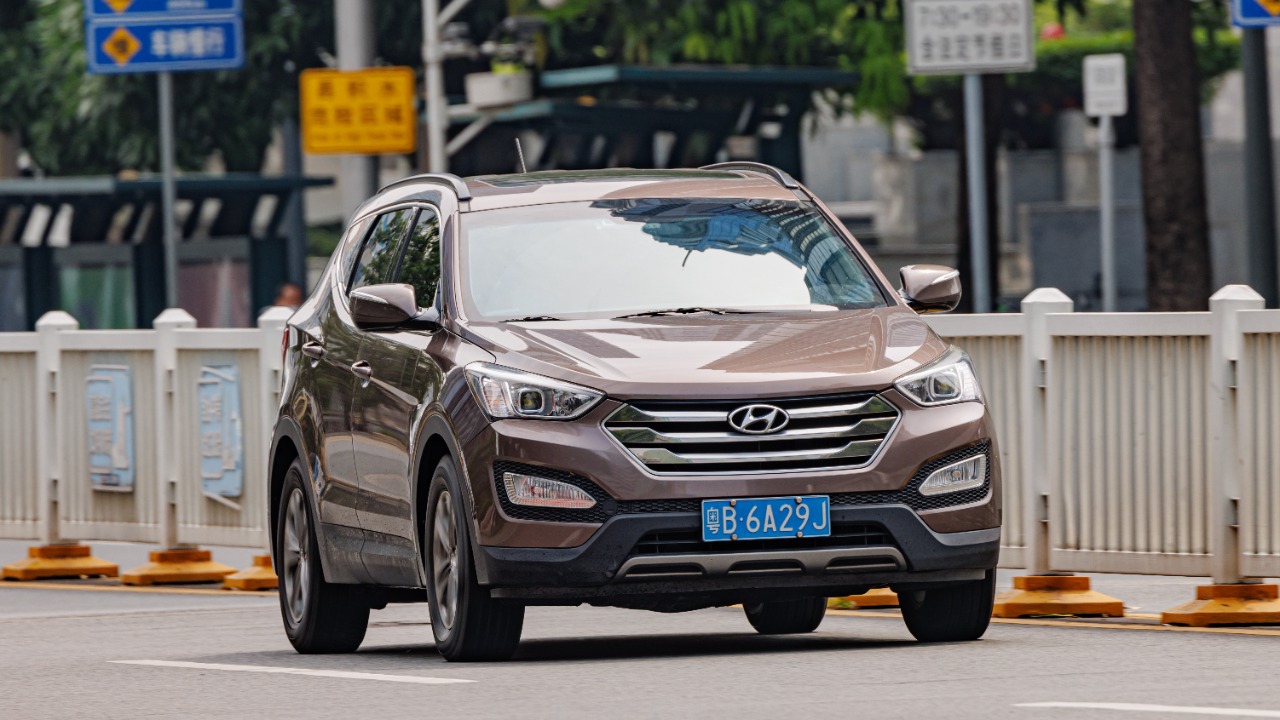
For years, Hyundai and Kia have been associated with engine failure and spontaneous fires. In fact, the severity of these issues led to multiple recalls affecting millions of vehicles. Models such as the Hyundai Santa Fe and Kia Optima have been at the center of these safety concerns, with numerous incidents reported across the globe.
These problems are not just rumors or hearsay. They have been substantiated by data and personal testimonials. A poignant example is a tweet by user @hardknoxfirst, who discussed their own experience with a Kia Soul catching fire.
Mechanics’ Insights on Hyundai and Kia
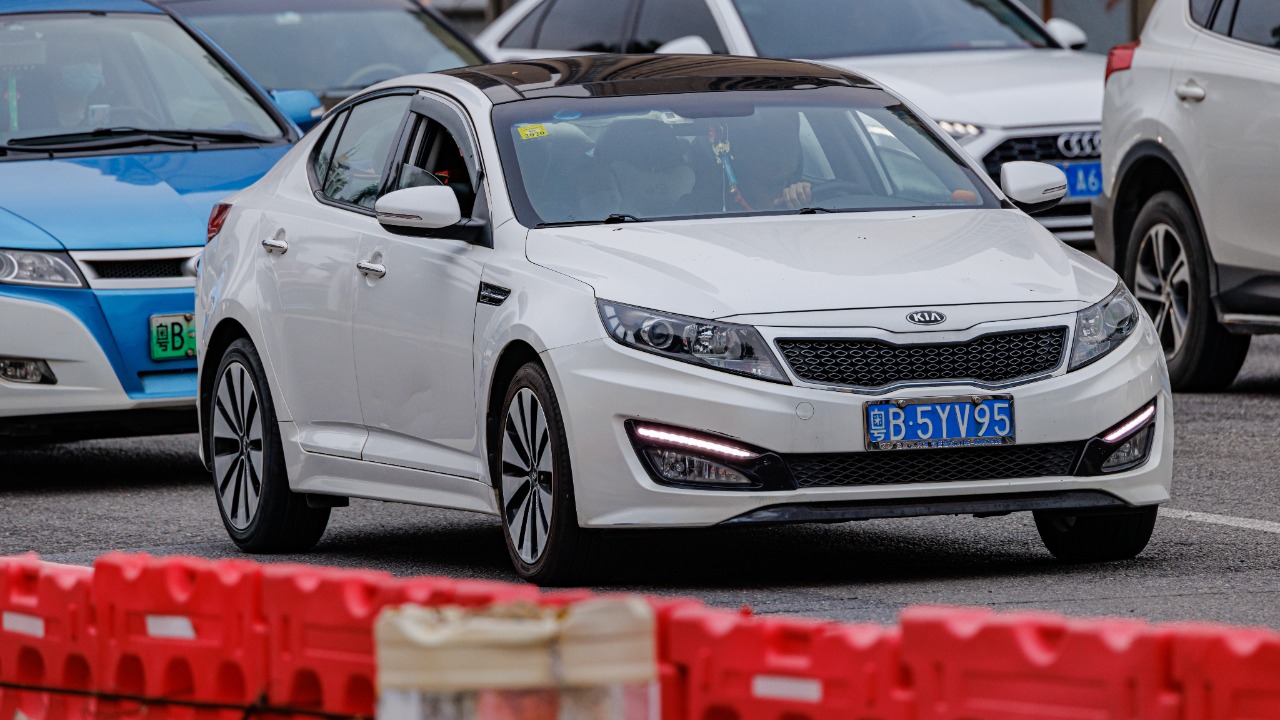
From a mechanic’s perspective, the problems with these brands are deeply rooted in their engineering. One common issue is the Theta II engine, used in various Hyundai and Kia models, which is known for its problems with metal debris left over from the manufacturing process. This debris can block oil flow, leading to premature wear and tear, and in extreme cases, engine failure or fire.
Repairing these problems can be a financial nightmare for car owners. As detailed in a Yahoo Autos article, the cost of replacing an engine can range from $3,000 to $5,000. This doesn’t include the additional costs of potential fire damage, not to mention the safety risk and inconvenience for the owner.
A Reddit Perspective: User Experiences and Warnings
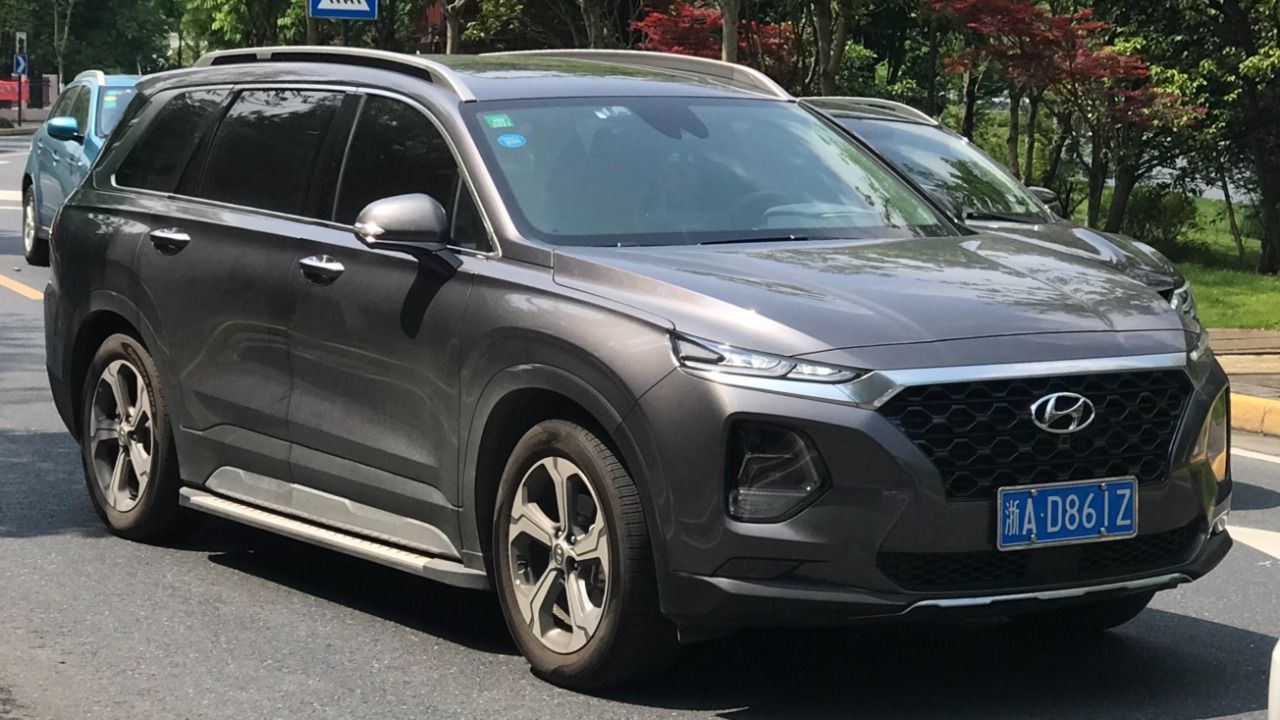
Reddit, a popular online community, has several threads discussing the quality of different car brands. In one particular thread, users shared their personal experiences and warned others about the problems associated with Hyundai and Kia. One user recounted their experience with a Kia Optima that suffered engine failure at just 60,000 miles.
It’s clear from such discussions that the general consensus among Reddit users aligns with the mechanic’s perspective: Hyundai and Kia have serious reliability issues that can lead to costly repairs and safety concerns.
Alternatives to Hyundai and Kia
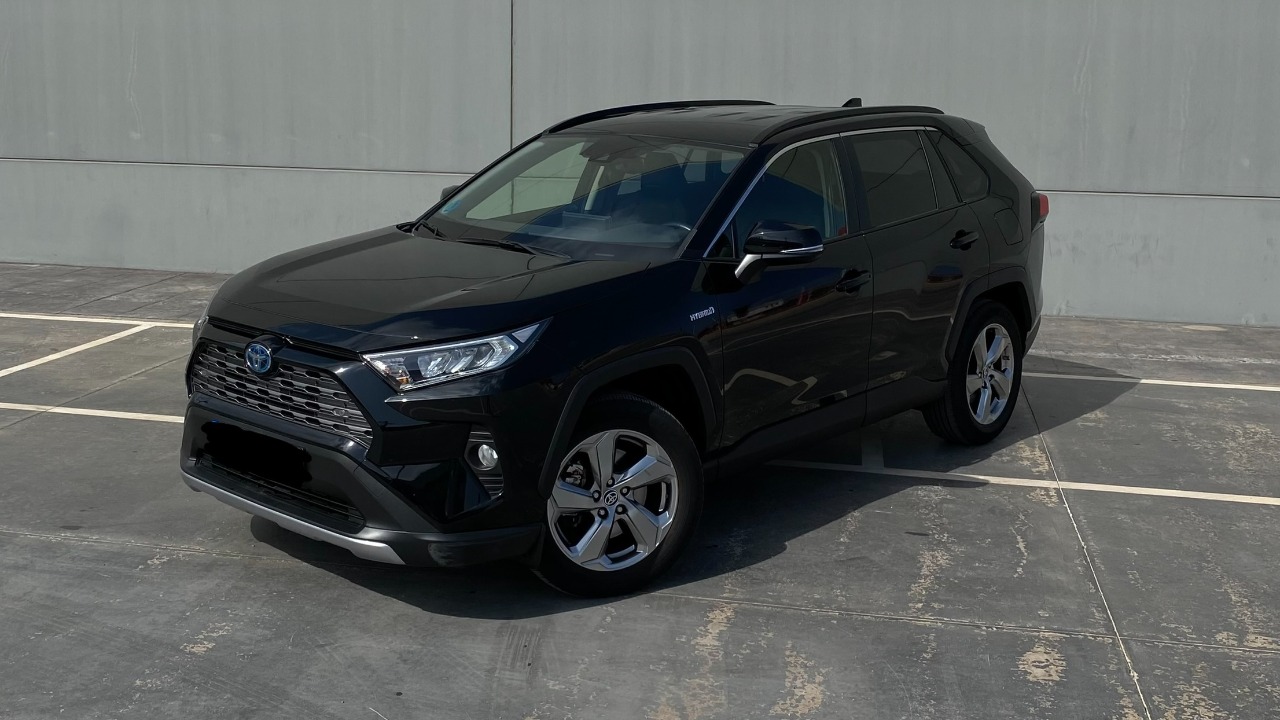
Considering these issues, it’s wise to explore alternatives to Hyundai and Kia. Brands such as Toyota and Honda have a strong reputation for reliability and longevity. These brands consistently rank high in reliability studies and are often recommended by mechanics due to their excellent build quality and fewer reported issues.
When shopping for a car, it’s essential to do thorough research and consider the long-term ownership costs, including potential repairs and maintenance. A car might be cheap to buy, but if it’s prone to mechanical issues, it could end up costing you more in the long run.
The Response of Hyundai and Kia to these Issues
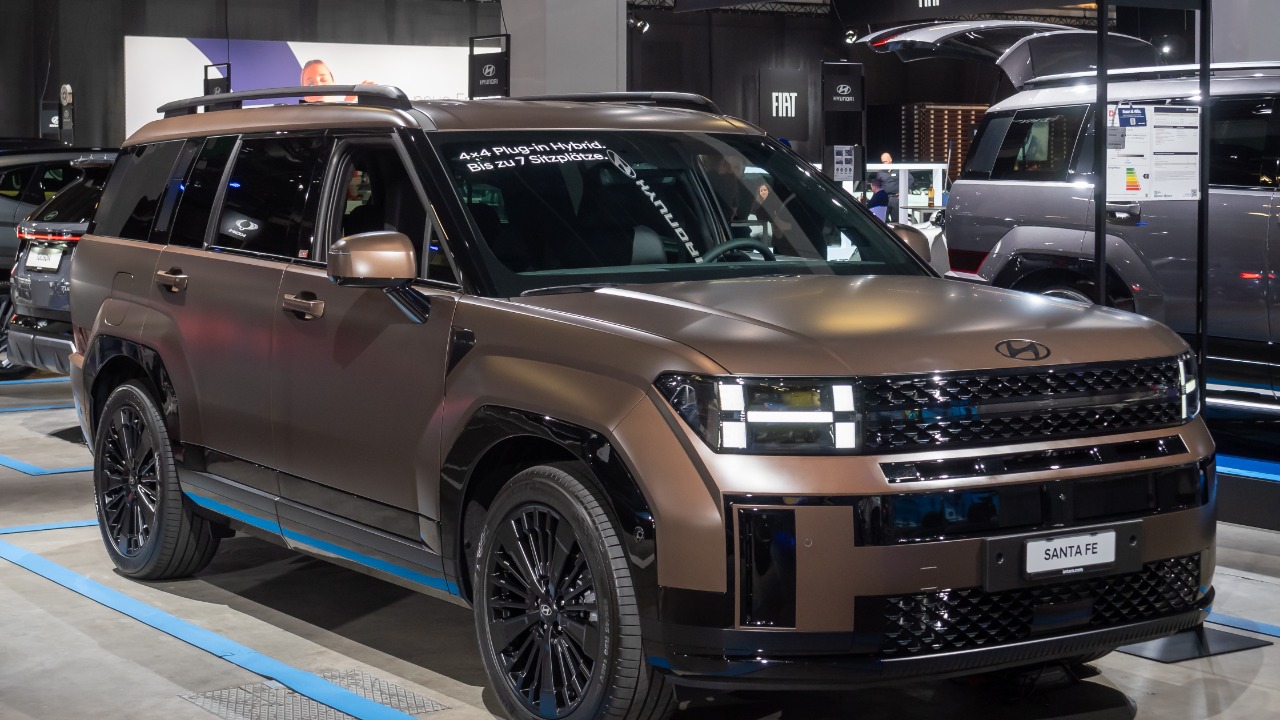
Hyundai and Kia have not ignored these issues. They have initiated multiple recalls over the years to address engine failures and fires, impacting millions of their vehicles. These recalls indicate the brands’ commitment to rectifying their mistakes, but it’s also a clear sign of their persistent quality control issues.
These issues undoubtedly affect the reputation and sales of the brands. While newer models might have seen improvements, the shadow of the past still looms large. It will take more than recalls and improvements to erase the memories of cars “blowing up” and restore consumer confidence in these brands.